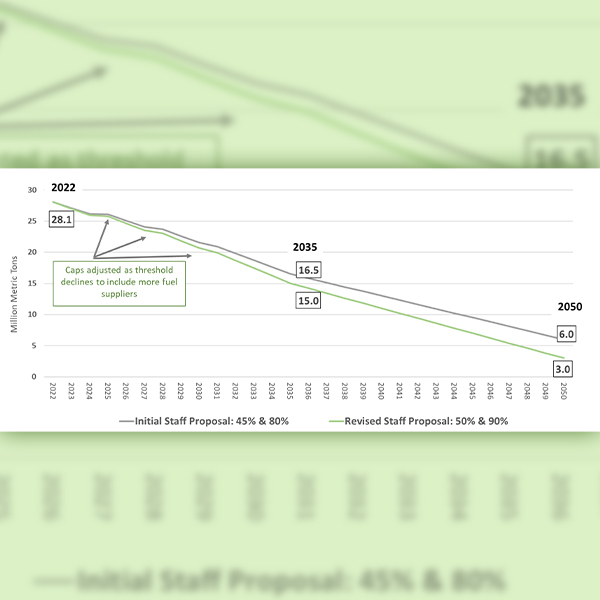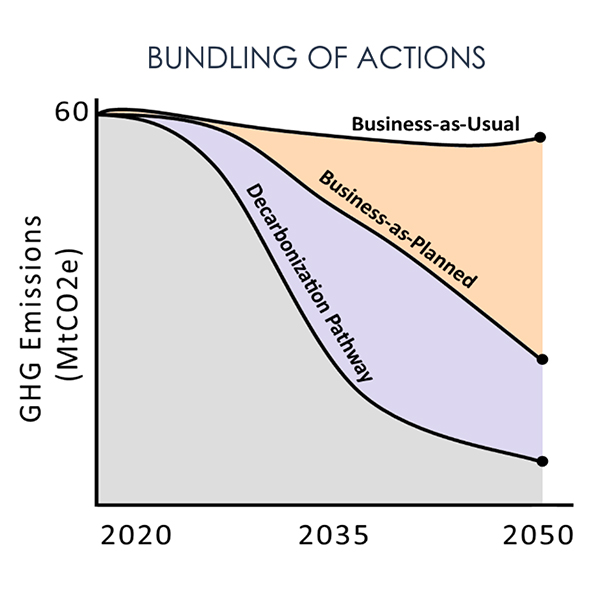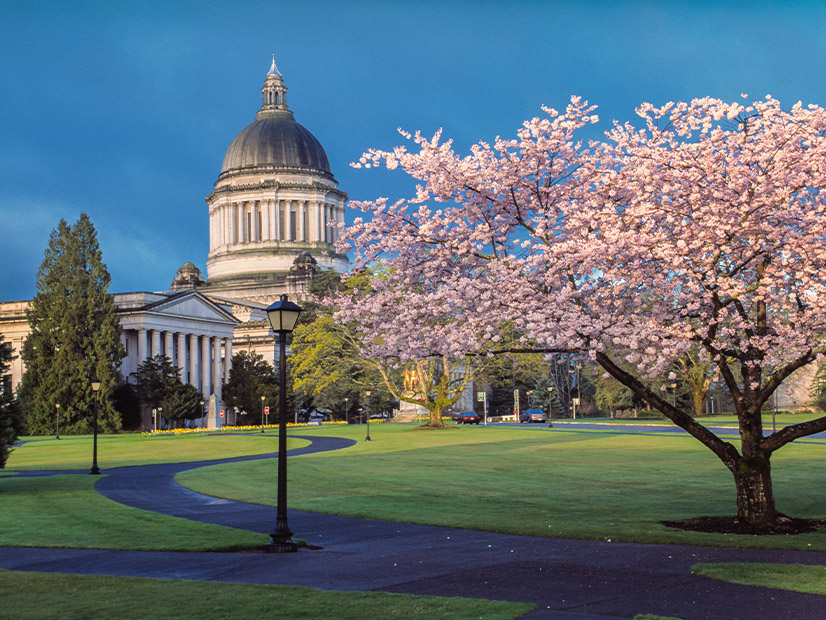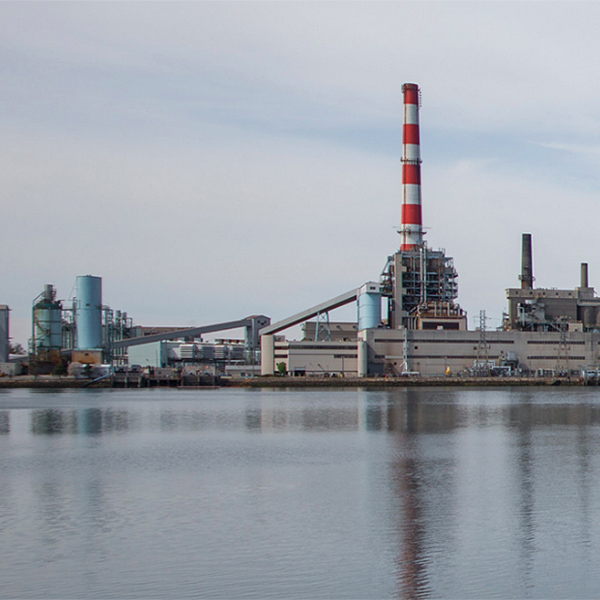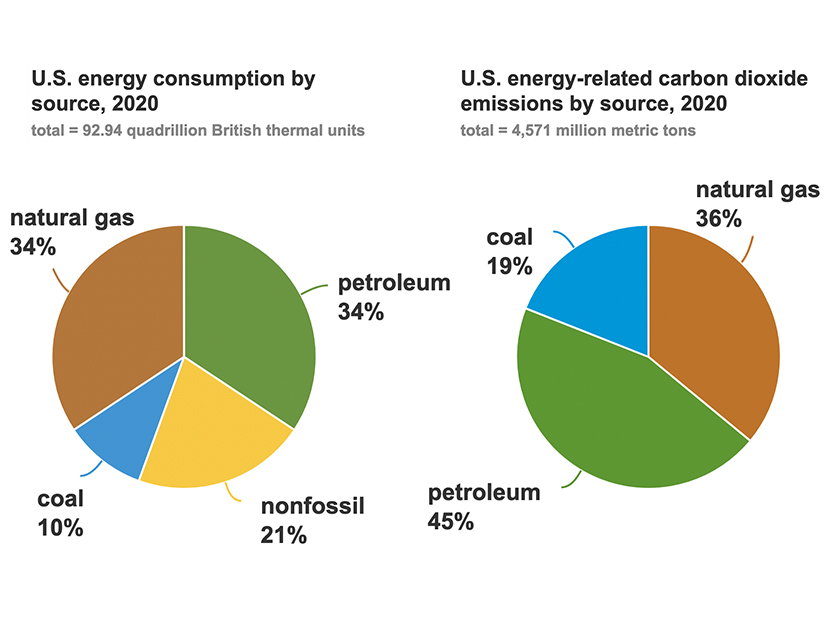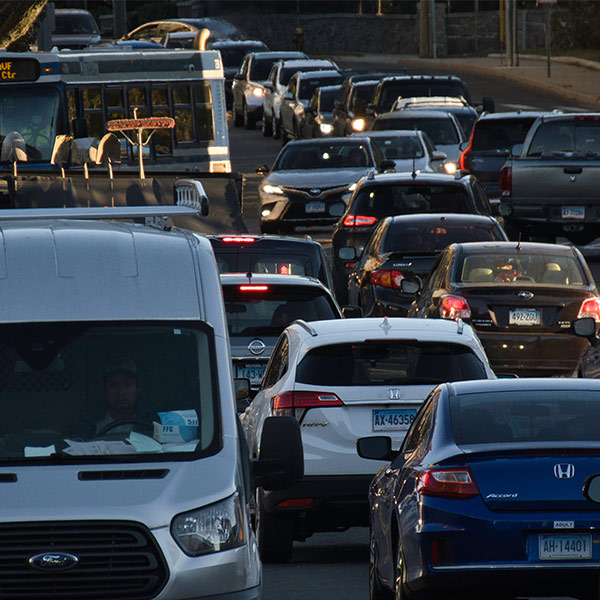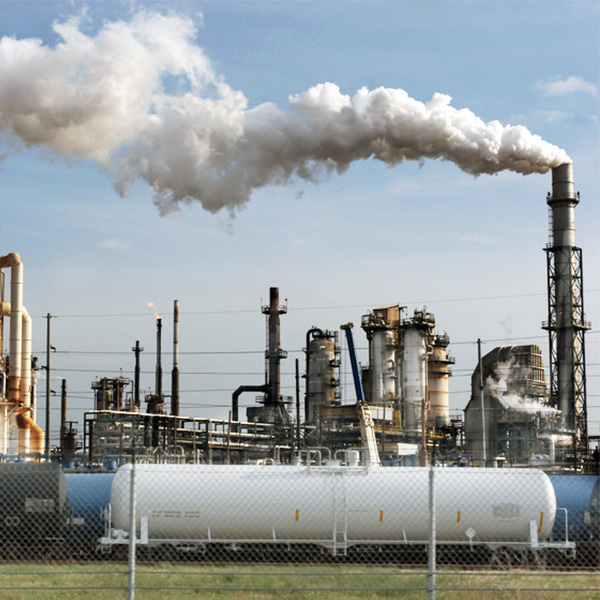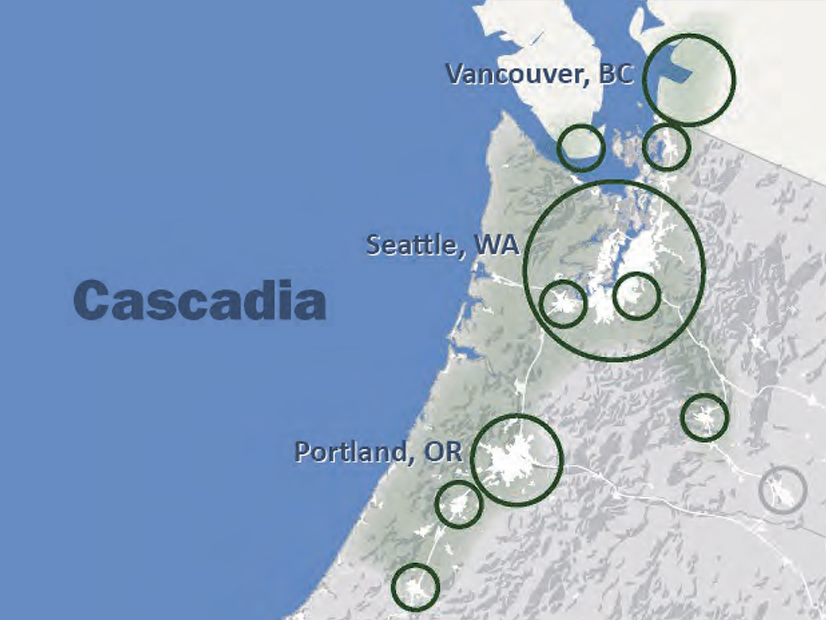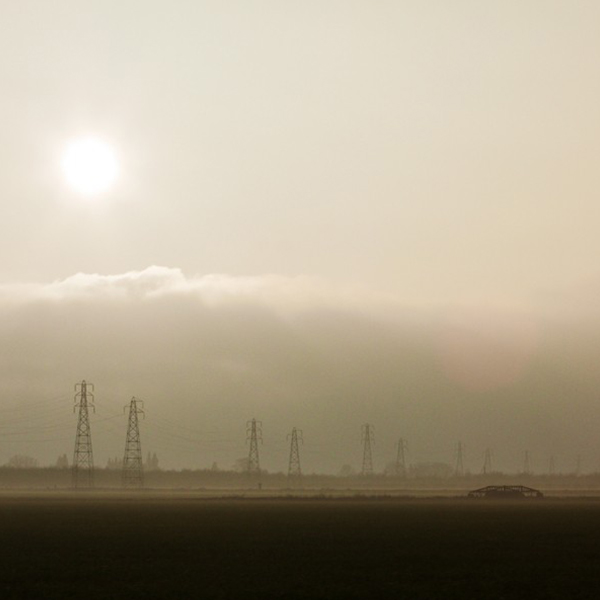greenhouse gas (GHG)
Oregon’s Environmental Quality Commission voted 3-1 to approve rules setting declining caps on GHGs from fuel suppliers, cutting their emissions 90% by 2050.
Oregon's Department of Energy kicked off an effort intended to identify and analyze the many efforts the state might undertake to meet its GHG reduction goals.
Environmental groups have been urging the California Air Resources Board to include pesticide reduction strategies in its 2022 climate change scoping plan.
Washington officials agree with Gov. Jay Inslee's views that state agencies must speed up efforts to reduce their internal GHG emissions.
The agency that manages New Jersey’s $1 billion state pension fund has codified a strategy to reduce carbon emissions at companies backed by the fund.
Concerns over FERC’s legal authority to mitigate greenhouse gas emissions came up throughout the commission’s technical conference on GHG mitigation.
Gov. Ned Lamont said he would not pursue the TCI-P next year, arguing that rising gas prices make the enabling legislation “a pretty tough rock to push."
Washington officials have begun the nuts-and-bolts rulemaking on three major climate change bills the state’s legislature passed in April.
The leaders of Oregon, Washington and British Columbia signed an MOU to push for development of an ultra-high-speed train line designed to reduce GHGs.
A plan that will serve as a roadmap for California to reach its decarbonization goal may be delayed as a committee asks for more time to finish its work.
Want more? Advanced Search
